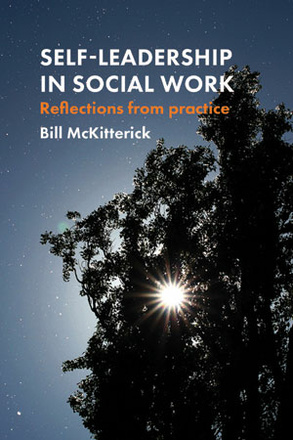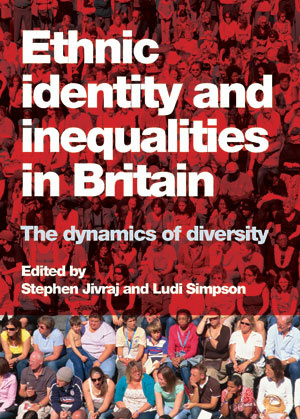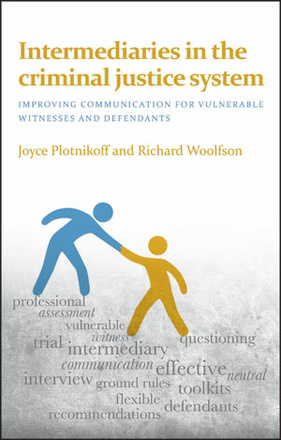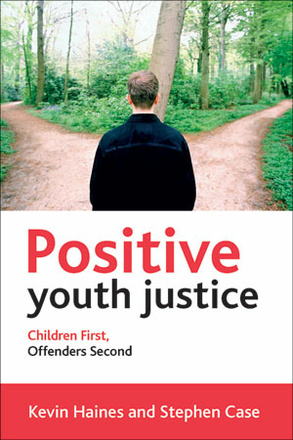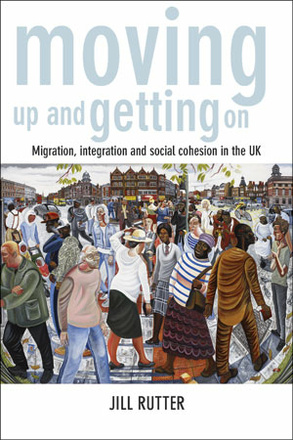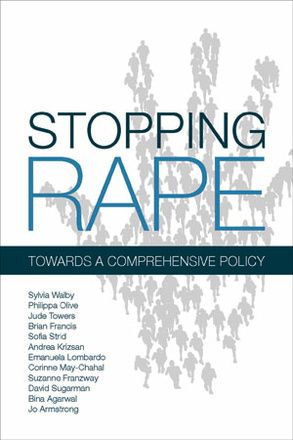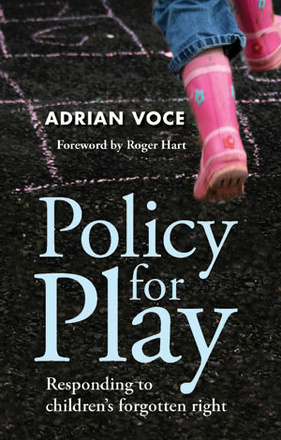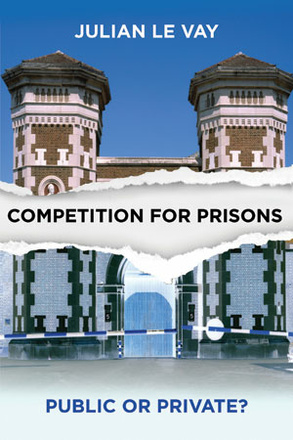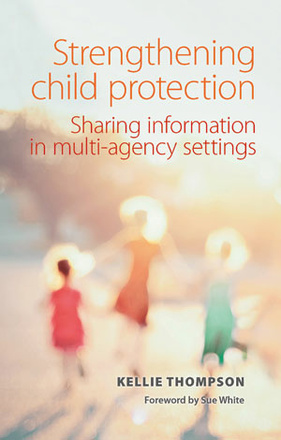Policy and practice
Policy Press publishes policy review and polemic books that aim to challenge policy for, or thinking about, a certain field of policy or practice as well as books aimed at a practice audience. These books are written in an accessible style whilst being academically sound and appropriately referenced.
Self-Leadership in Social Work
Reflections from Practice
This book explores how, through strong self-leadership, social workers can both explain and demonstrate how social work can achieve positive change.
World Report 2015
Events of 2014
The 25th annual World Report summarizes human rights conditions in more than ninety countries and territories worldwide, reflecting extensive investigative work undertaken in 2014 by Human Rights Watch staff with domestic rights activists, in particular on the roles played by key domestic and international figures.
Ethnic Identity and Inequalities in Britain
The Dynamics of Diversity
This important book is the first to offer in-depth analysis from the last three UK population censuses focusing on the dynamics of ethnic identity and inequalities in contemporary Britain, with contributions from experts based at or affiliated to the Centre on Dynamics of Ethnicity.
Intermediaries in the Criminal Justice System
Improving Communication for Vulnerable Witnesses and Defendants
This is the first book about the intermediary scheme, criminal justice’s untold ‘good news story’. It provides a comprehensive explanation of how intermediaries work in practice and gives ‘behind the scenes’ insights into the criminal process. It will be of interest to practitioners and the wider public.
Positive Youth Justice
Children First, Offenders Second
This topical book outlines a model of positive youth justice: Children First, Offenders Second (CFOS), which promotes child-friendly, diversionary, inclusionary, engaging, promotional practice and legitimate partnership between children and adults to serve as a blueprint for other local authorities and countries.
Moving Up and Getting On
Migration, Integration and Social Cohesion in the UK
Moving up and getting on is the first accessible, yet comprehensive, text to critique the effectiveness of recent integration and social cohesion policies. It argues that there needs to be greater emphasis on the social aspects of integration and opportunities for meaningful social contact between migrants and longer-settled residents.
Stopping Rape
Towards a Comprehensive Policy
This important book offers a comprehensive guide to the international policies developed to stop rape , together with case study examples on how they work. The book describes how law and criminal justice system, health services, specialised services for victim-survivors, educational and cultural interventions can best be coordinated.
Policy for Play
Responding to Children's Forgotten Right
Using the UK government’s play strategy for England (2008-10) as a case study, this is the first book to look in detail at children’s play within public policy. It is an essential tool for practitioners and campaigners around the world.
Competition for Prisons
Public or Private?
This book re-assesses the benefits and failures of competition, how public and private prisons compare, the impact of competition on the public sector’s performance, and how well Government has managed this ‘quasi-market’.
Supporting Adult Care-Leavers
International Good Practice
Featuring detailed case studies and examples of good practice, this is an excellent international source book for practitioners and policy makers in social work and social care.
World Report 2016
Events of 2015
Human Rights Watch’s annual World Report 2016 highlights the armed conflict in Syria, international drug reform, drones and electronic mass surveillance and is a must-read for anyone interested in the fight to protect human rights in every corner of the globe.
Strengthening Child Protection
Sharing Information in Multi-Agency Settings
What prompts information sharing and how do we get it right? This accessible book challenges widely held assumptions about information sharing in child welfare that facts about risks to children are clear and that sharing them with other professionals is a straightforward process.







